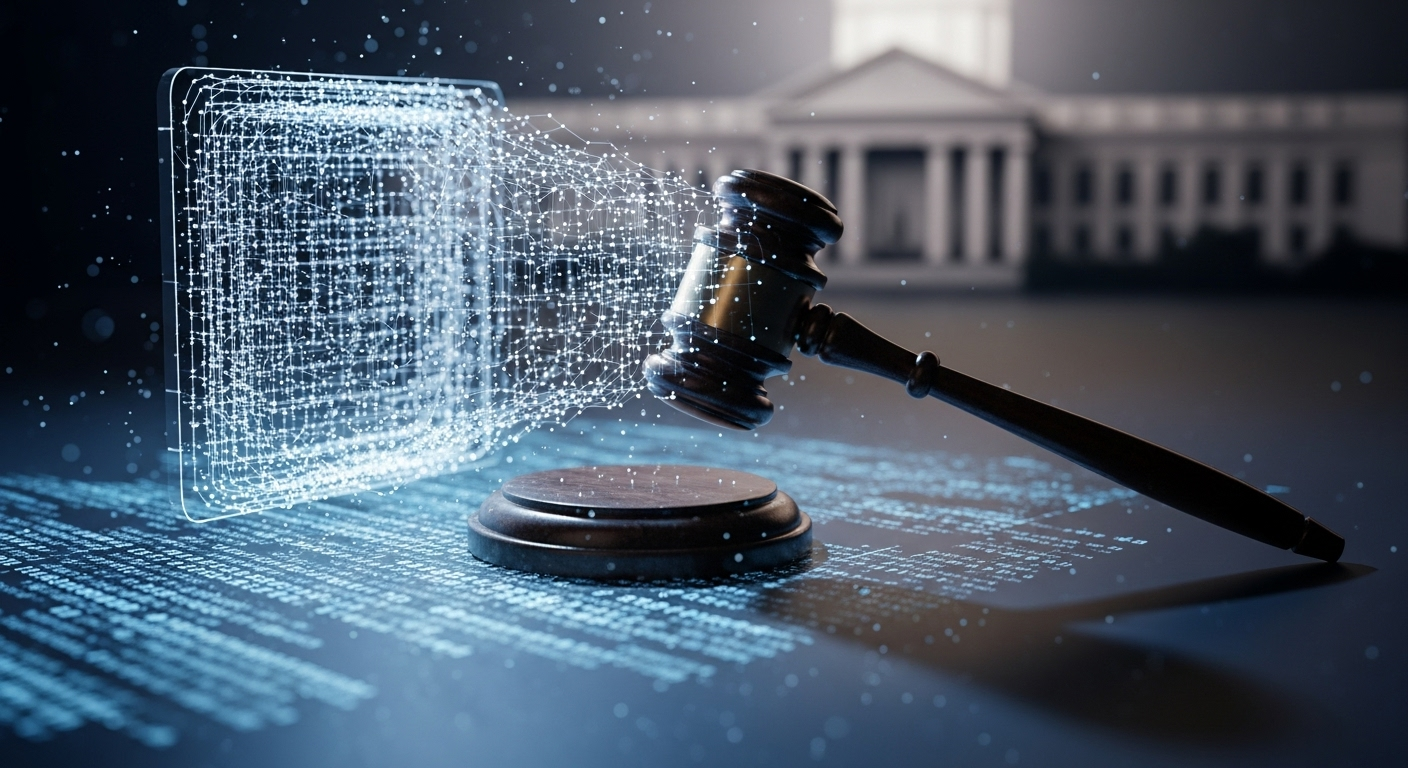Legal Implications of Quantum Computing in Cybersecurity
Introduction: Quantum computing, a revolutionary technology on the horizon, promises to reshape the landscape of cybersecurity and digital privacy. As this cutting-edge field advances, legal frameworks struggle to keep pace, raising critical questions about data protection, encryption standards, and national security. This article explores the intricate legal challenges emerging at the intersection of quantum computing and cybersecurity.

Cryptography in the Quantum Era
The advent of quantum computing poses a significant threat to current encryption methods. Many of today’s widely used encryption algorithms, such as RSA and ECC, rely on the difficulty of factoring large numbers or solving discrete logarithm problems. Quantum computers, however, could potentially break these algorithms in a fraction of the time it would take classical computers. This capability raises serious concerns about the long-term security of sensitive data and communications.
Legal Challenges in Quantum-Resistant Cryptography
As the threat of quantum computing to current cryptographic systems becomes more apparent, governments and organizations are scrambling to develop quantum-resistant encryption methods. This shift presents several legal challenges. First, there is a need for new standards and regulations to govern the development, implementation, and use of quantum-resistant cryptography. Policymakers must balance the need for security with concerns about privacy and potential government overreach.
International Cooperation and Competition
The race to achieve quantum supremacy has geopolitical implications, with nations vying for technological dominance. This competition raises questions about international cooperation in developing quantum-safe encryption standards. Legal frameworks must be established to govern the sharing of quantum technologies and research findings while protecting national interests. Additionally, there are concerns about the potential use of quantum computing for espionage and cyber warfare, necessitating new international agreements and treaties.
Data Protection in a Post-Quantum World
As quantum computers threaten to render current encryption methods obsolete, organizations face new legal obligations to protect sensitive data. Existing data protection laws, such as the European Union’s General Data Protection Regulation (GDPR), may need to be updated to account for the unique challenges posed by quantum computing. Companies may be required to implement quantum-resistant encryption methods to safeguard personal data, raising questions about the feasibility and cost of compliance.
Liability and Quantum Readiness
As the threat of quantum computing to cybersecurity becomes more imminent, organizations may face increased liability for failing to adequately protect against quantum attacks. Legal standards for due diligence in cybersecurity may need to evolve to include quantum readiness. This shift could lead to new legal precedents and potentially reshape corporate liability in the digital age.
Intellectual Property in Quantum Computing
The development of quantum computing technologies raises complex intellectual property issues. Patent laws may need to be adapted to account for the unique nature of quantum inventions. Questions arise about the patentability of quantum algorithms and the potential for quantum computers to infringe on existing patents by solving problems in novel ways. Legal frameworks must strike a balance between protecting innovation and fostering the growth of this emerging field.
Conclusion
The advent of quantum computing presents both unprecedented opportunities and significant legal challenges in the realm of cybersecurity. As this technology continues to advance, legal systems worldwide must evolve to address the complex issues surrounding data protection, encryption standards, and national security. Policymakers, legal experts, and technologists must collaborate to develop robust legal frameworks that can withstand the quantum revolution while safeguarding individual rights and promoting innovation. The legal landscape of quantum computing and cybersecurity is still in its infancy, but its importance in shaping our digital future cannot be overstated.






